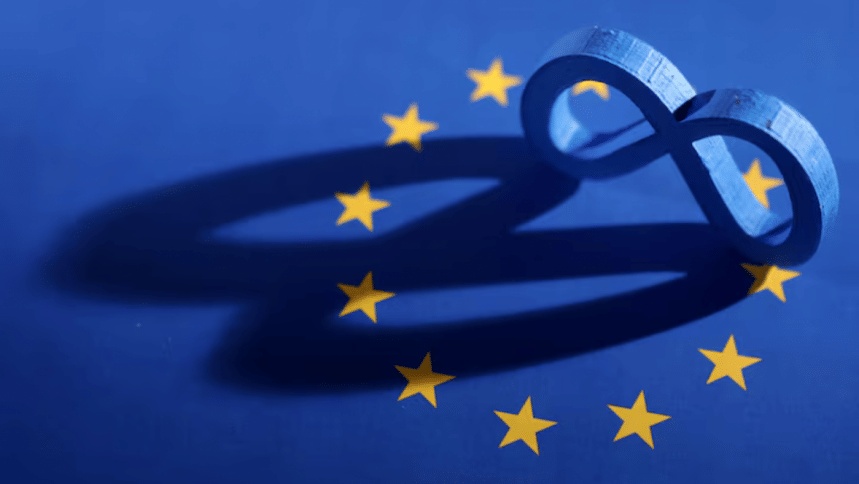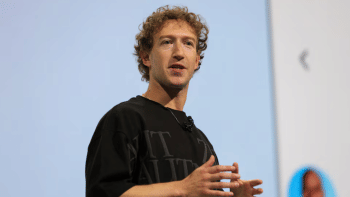European Union rejects Zuckerberg's censorship claims

The European Commission has recently dismissed Meta CEO Mark Zuckerberg's claim that the European Union's data laws promote censorship, asserting that the rules only require platforms to remove illegal content, according to a recent report by Reuters.
Zuckerberg, while announcing Meta's decision to end its US fact-checking programs, criticised EU regulations, saying they make innovation difficult. "Europe has an ever-increasing number of laws institutionalising censorship and making it difficult to build anything innovative there," he said.
As per the Reuters report, the Commission countered Zuckerberg's statement, stating that its Digital Services Act (DSA) does not target lawful content but mandates the removal of harmful material, such as content that endangers children or threatens democratic institutions. "We absolutely refute any claims of censorship," a Commission spokesperson said.
Meta's shift in content moderation
Zuckerberg revealed that Meta plans to replace fact-checking on Facebook, Instagram, and Threads with a 'community notes' system, similar to the one used by X (formerly Twitter). This system allows users to flag misleading posts and add context, with the notes published if contributors from diverse perspectives deem them helpful.
For such a system to operate in the EU, platforms must conduct a risk assessment and submit it to the European Commission, a spokesperson said, states the Reuters report. The EU does not dictate the form content moderation should take but assesses whether a platform's measures are effective. "Whatever model a platform chooses needs to be effective, and this is what we're looking at," the spokesperson added.
Implications for EU users
Despite Meta's changes, the Commission clarified that EU users would still benefit from independent fact-checking for content originating in the United States.
The DSA, which came into effect in 2023, requires platforms to address illegal content and ensure user safety while preserving free expression. Platforms found in breach of these rules face fines of up to 6% of their global revenue.

 For all latest news, follow The Daily Star's Google News channel.
For all latest news, follow The Daily Star's Google News channel. 









Comments